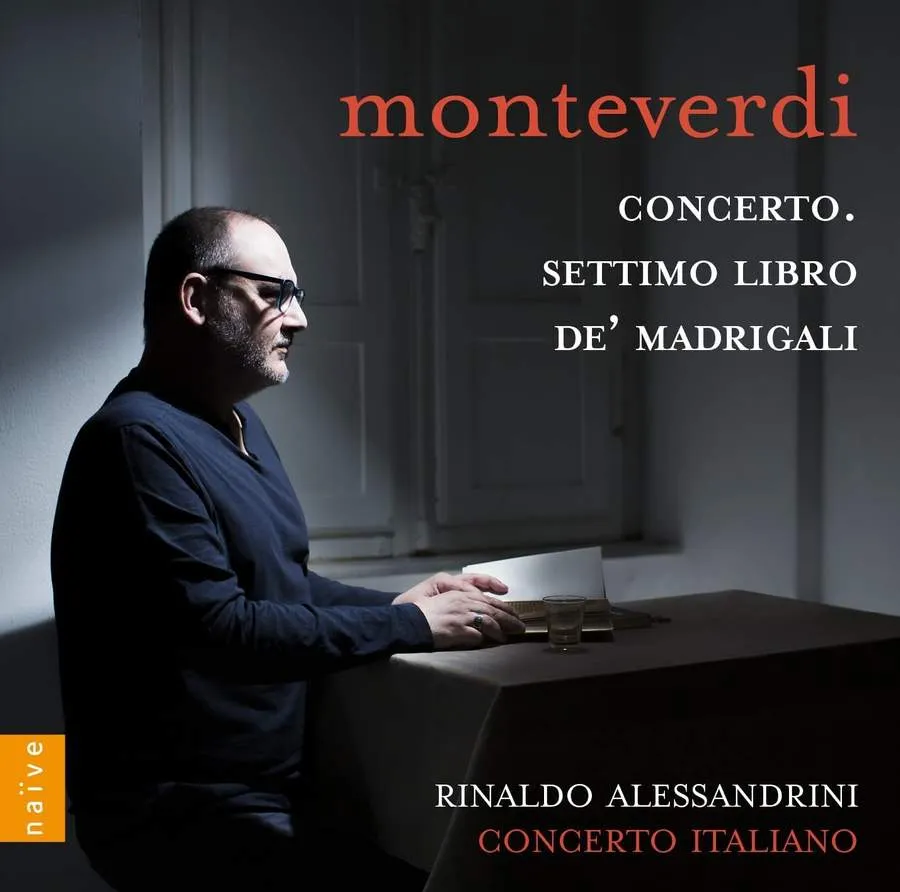
Monteverdi Madrigals Book VII Concerto Italiano/Rinaldo Alessandrini Naïve OP7365 127:42 mins (2 discs)
Rinaldo Alessandrini has already issued acclaimed recordings of some of Monteverdi’s madrigal repertoire. Book 7 (1619), though, is a bit different: of the 29 items only five are vocal ensemble pieces and the rest are solos, duets or trios; and instruments provide an absolutely essential part of the texture. Probably for these reasons it is rarely recorded complete – a notable exception, and the only serious rival to this recording, being the version by La Venexiana from 1998.
Interestingly Alessandrini records the works not in their printed order, but in groups setting works by the same poet. In pieces with words by Guarini (d1612) the performances capture nicely his pastoral, flirtatious delicacies (‘Dice la mia bellisimma’ is archly rendered by the tenors Valerio Contaldo and Raffaele Giordani), while the heated eroticism of Marino (d1625) in ‘Eccomi pronta ai baci’, which begs the lover not to leave his bite marks visible, is rapturously performed by the two tenors again with the bass Salvo Vitale. The more serious text of ‘Se languidi’, a letter from an abandoned lover, by Achillini (d1640) is movingly sung by Monica Piccinini who somehow persuades us not only that the words mean something, but that they mean something personal to her. As usual the Concerto Italiano instrumentalists are stylish and tasteful (as in ‘Chiome d’oro’), though the rather stolid introduction to ‘Tempro la cetra’ could have sounded more like the lyre mentioned in the text. Even so, this is an admirable recording of a rich and fascinating collection.
Anthony Pryer

